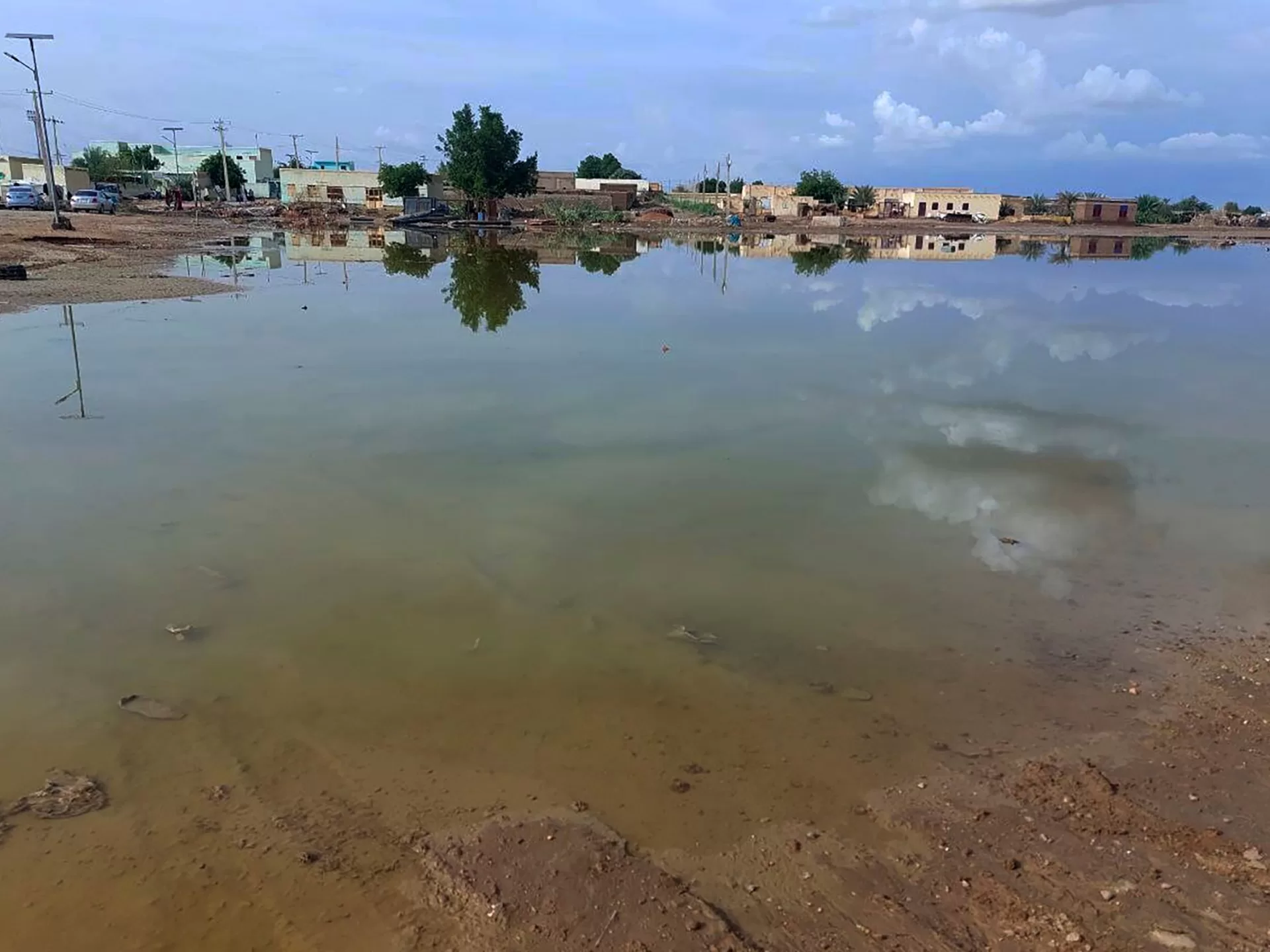Local media have reported that the dam burst on Saturday night due to heavy seasonal rainfall in the northeast.
A dam has collapsed in northeastern Sudan as the country deals with heavy rainfall leading to disastrous floodwaters, the Federal Ministry of Health said.
The ministry said in a statement late on Sunday that the Arbaat Dam north of Port Sudan had collapsed, killing four people in the floodwaters and sweeping away homes.
It added that resources had been deployed to the area to help those stranded.
According to a local official cited by the Sudanese news outlet al-Taghyeer, the death toll could reach at least 60 people, with many more missing.
Local Ali Issa told Al Jazeera he had received a message that the people were trapped in vehicles due to the floodwater.
“There were seven lorries carrying families, elderly and children,” he said. “We came to see what had happened but were not able to get to the dam.”
Al Jazeera’s Hiba Morgan said the Arbaat Dam is the main water supply for Port Sudan, the Red Sea city that became the administrative capital as fighting overtook the capital Khartoum.
The Sudanese army has been fighting the paramilitary Rapid Support Forces (RSF) since April 2023, a war that has brought mass displacement and hardship to the people of Sudan.
Port Sudan and the surrounding area may face serious shortages of drinking water as a result of the dam collapse, Morgan said.
Local media report that the dam burst on Saturday night following heavy rains, but exact details have been difficult to gather due to mobile network outages.
Arbaat, 40km (25 miles) north of Port Sudan, is part of Sudan’s system of dams that help manage floodwaters and is where the two upper branches of the river Nile meet in Sudan.
The country has been dealing with heavy rainfall and floods since the end of June, with the UN Office for the Coordination of Humanitarian Affairs (OCHA) saying that the harsh weather has affected an estimated 317,000 people (56,450 families) across 16 states.
The most affected states include North Darfur, the River Nile, and West Darfur, OCHA reported.
The heavy rains have added to the worsening humanitarian crisis brought on by war.
Alongside a deepening food crisis, Sudan is also dealing with a cholera outbreak due to floodwaters contaminating the water supply.
